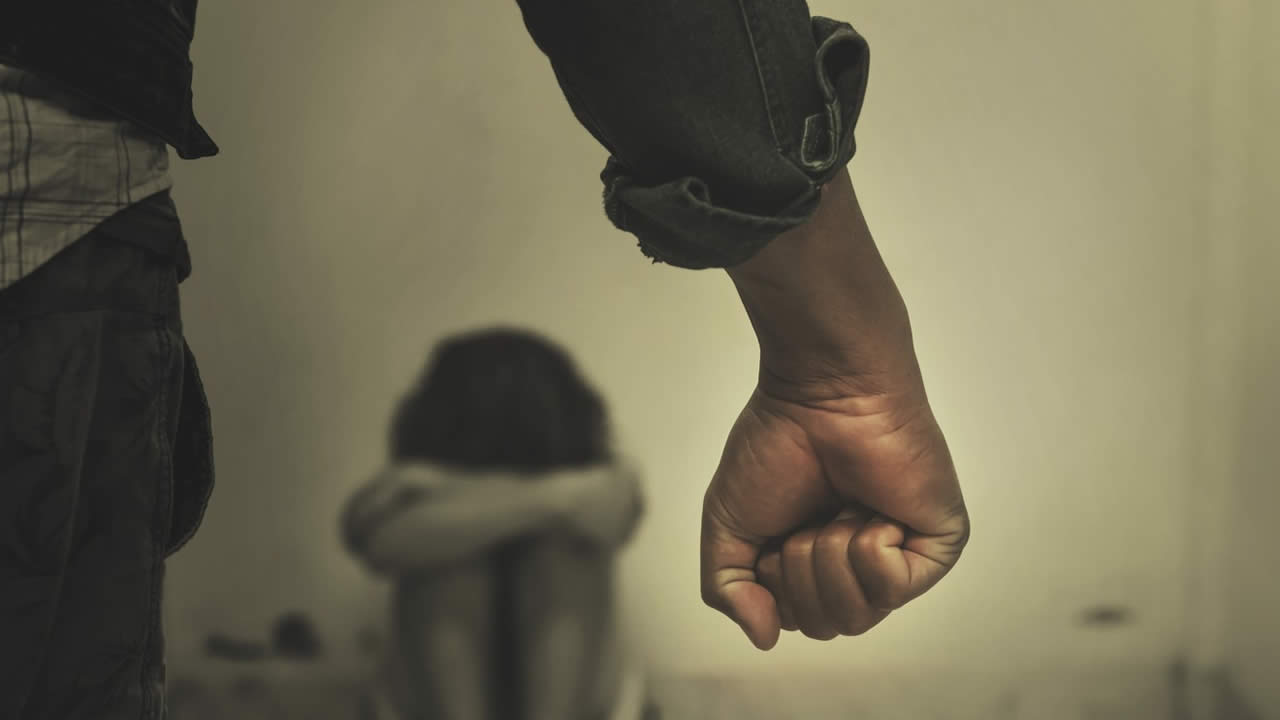
While we celebrated Children’s Day this week, the statistics on child abuse in Mauritius are staggering. In fact, 4,203 cases have been registered since January this year, among them there are 1,132 cases of physical abuse.
Incest, rape, neglect, verbal and physical abuse, emotional deprivation, bullying, abandonment by parents, among others, with the list of cases that make the headlines every day, it seems like the Mauritian society has become accustomed to violence and abuse against children. But as much as many of us turn a deaf ear and pretend it is not present in our society, or want to ignore it or are simply oblivious about the reality of things, child abuse is an existing, factual and critical issue in our country.
Indeed, in many different forms, as listed above, many Mauritian children suffer from child abuse. The statistics on child abuse from the Child Development Unit (CDU) from the Ministry of Gender Equality, Child Development and Family Welfare from January to September 2018 reveal a shocking registered number of cases.
4,203 cases have been registered, 1,823 relate to males and 2,380 concern females. The highest types of abuses which were reported to the CDU are:
- Psychological and emotional abuse with a total of 1,132 cases;
- Physical abuse with a total of 340 cases;
- Sexual abuse with a total of 255 cases which include incest.
Female mostly affected by sexual abuse
We also find abandonment, neglect cases and the worst form of labour among the overall registered cases. However, when we distinguish the cases between male and female, the statistics indicate that females are greater victims of sexual abuses than physical abuses. According to the statistics:
- 235 female sexual abuse cases have been registered against 20 male sexual abuses;
- However, 182 male physical abuse cases have been registered against 158 female physical abuse cases.
Causes of abuses
When it comes to the causes of these abuses, the CDU states that the Statistics Division of the Ministry of Gender Equality, Child Development and Family Welfare 2018 indicates that there are mostly:
- Psycho-social causes;
- Poor socio-economic situation of parents;
- Conflicting custody;
- Rate of divorce among parents;
- Drug use and abuse;
- Parents as habitual criminals and are regularly moving in and out of the house;
- Weak family set-up;
- Among a host of others.
Most common types of abuses
Moreover, the CDU indicates that the most common types of abuses registered in the period of January to September this year is namely:
- Physical abuse by relatives, neighbours, and strangers, among others, and poor family set-up is cited as being the cause of this type of abuse;
- Secondly, there are cases of children not attending school due to causes such as bullying, psychological problems, substance abuse, and inadequate parenting capacity, among others;
- At the third place there is sexual intercourse with minors under 16 due to causes such as promiscuity, exposure to media and internet, inappropriate internet material and teen drafting.
Emilie Duval : “Psychological abuse has a debilitating impacts on children”
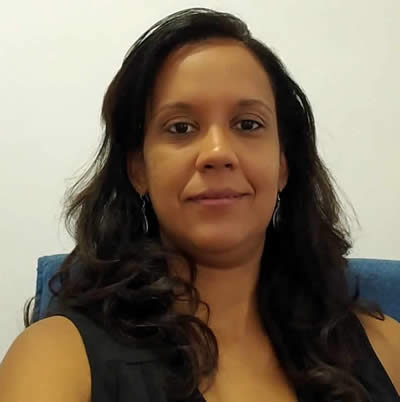 Doctor in Clinical Psychology, Emilie Duval trusts that the fact that today people and children are more informed about violence and more aware of what it is to be abused, they would report it. However, she trusts that it is urgent for many recommendations to figure in the Children’s Bill. “The State has a legal responsibility towards our children and to ensure their protection. We must abolish corporal punishment at home and in schools. These have physical as well as great psychological consequences on children. It is crucial to educate parents and teachers that there are other ways and alternatives to resolve an issue.”
Doctor in Clinical Psychology, Emilie Duval trusts that the fact that today people and children are more informed about violence and more aware of what it is to be abused, they would report it. However, she trusts that it is urgent for many recommendations to figure in the Children’s Bill. “The State has a legal responsibility towards our children and to ensure their protection. We must abolish corporal punishment at home and in schools. These have physical as well as great psychological consequences on children. It is crucial to educate parents and teachers that there are other ways and alternatives to resolve an issue.”
She adds that this should start from the very beginning when couples are expecting a child. “We should have a framework in our hospitals where mothers can be empowered. We should also have qualified people who are there to listen to parents and advise them about parental skills. There is a lot we should put in place.”
Dr Emilie Duval also states that that psychological abuse has a debilitating impact on children and recommends to implement a system and other programs to eliminate these afflictions. “Behavioural programmes should be set up in school where children are educated on how to manage their emotions and behaviours towards others. Children need social, psychological and emotional support. It certainly demands money and also a time of reflection on what we need to devise. The Government spends so much money on our infrastructure and other projects but what are they doing for the children and parents?” she utters.
She trusts that the number of abuses can definitely be higher when considering that numerous cases of abuse are not reported. “These statistics are only showing the tip of the iceberg. There are so many children who are suffering in silence. There more cases of abuse the more our society itself will suffer. Stakeholders and policy makers should bear in mind that the mental state of our people will have repelling consequences on our economy and many other aspects of our society.”
Rita Venkatasawmy : “There is a lot of underreporting of Child Sexual Abuse”
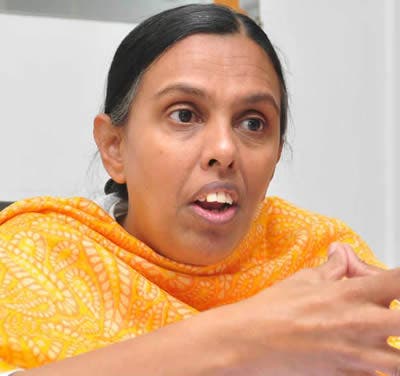 The Ombudsperson for Children states that the statistics show a high number of abuse cases but she trusts that the number is higher. “There is a lot of underreporting especially when it comes to Child Sexual Abuse (CSA). As mentioned in the Ombudsperson for Children Annual Report 2017-2018, “authorities in Mauritius estimate that a minimum of one child per day becomes victim to CSA and it is likely that cases are underreported.” This demonstrates that adults are not aware about how to tackle their sexuality. However, we must also bear in mind that there is a difference between pedophiles and child sexual abusers.” Rita Venkatasawmy underlines that 1,789 overall cases of child abuse have been reported from January to April this year and only 5.7% of this is the number and proportion of reported CSA cases only. Moreover, more child sexual abuse offences are committed against girls than boys in Mauritius. The Ombudsperson for Children Annual Report underlines that in 2016, 282 girls were reported to be victims to at least one form of sexual abuse compared to 16 boys in the same period.
The Ombudsperson for Children states that the statistics show a high number of abuse cases but she trusts that the number is higher. “There is a lot of underreporting especially when it comes to Child Sexual Abuse (CSA). As mentioned in the Ombudsperson for Children Annual Report 2017-2018, “authorities in Mauritius estimate that a minimum of one child per day becomes victim to CSA and it is likely that cases are underreported.” This demonstrates that adults are not aware about how to tackle their sexuality. However, we must also bear in mind that there is a difference between pedophiles and child sexual abusers.” Rita Venkatasawmy underlines that 1,789 overall cases of child abuse have been reported from January to April this year and only 5.7% of this is the number and proportion of reported CSA cases only. Moreover, more child sexual abuse offences are committed against girls than boys in Mauritius. The Ombudsperson for Children Annual Report underlines that in 2016, 282 girls were reported to be victims to at least one form of sexual abuse compared to 16 boys in the same period.
Rita Venkatasawmy underlines that there are also other types of abuses among verbal, psychological and emotional abuse that take place behind closed doors and are not reported. “Verbal violence is sadly very much present in our society. It takes place in different ways. But very often you see children being exposed to verbal violence in their households. Children find themselves at the centre of the parental fights due to risk factors such as divorce, alcohol and substance abuse. We have a serious communication problem in our society. We need to educate our population, parents and children how to communicate in a non-violent way. We need to promote a peace culture at the heart of our Mauritian families.”
When it comes to the social background of child victims, the Ombudsperson highlights that studies have shown that children from poor backgrounds are mostly victims of abuse. “We do not have a real study which has been carried out on this matter in our country, but according to what we observe in shelters, children from poor families represent a large number of victims. So in order to combat abuse, we first have to fight poverty. We thus need to strengthen and empower our families by creating more jobs. Through this, we will have a stable economy and children will have better chances to have access to education.”
Rita Venkatasawmy says that all children must also be empowered. “We need to do primary intervention, that is we should not wait for extreme cases to intervene. Child abuse is everyone’s concern and we should all denounce it. Through secondary intervention, we should be able to target vulnerable families and intervene and we should put in place a rehabilitation program through the tertiary intervention. This should be clear in the mind of our policy makers. We should also put in place rehabilitation programs for and support to abusers.”
We need to do primary intervention, that is we should not wait for extreme cases to intervene. Child abuse is everyone’s concern and we should all denounce it."
NGO Safire : “Households suffering from alcoholism/substance abuse have higher occurrences of child abuse”
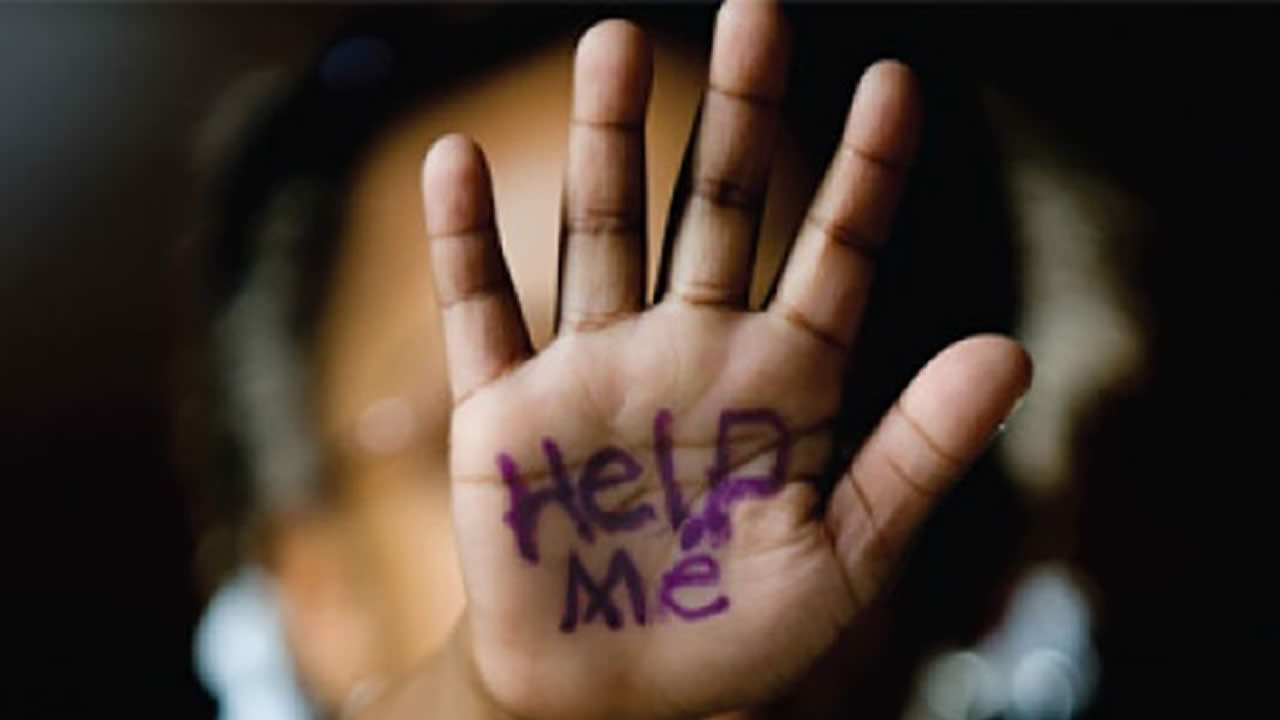
News on Sunday spoke to NGO Saphire, which works with children from difficult backgrounds. The organisation states that it is absolutely not surprised by the statistics. “Working with children in street conditions, difficult situations and also who live in the poorest regions of Mauritius, we receive a lot of cases of child abuse in terms of physical abuse, sexual abuse, and psychological abuse. While child abuse is often in the form of an action, there are also examples of inaction that cause harm, such as child neglect. We observe more and more that some households that suffer from alcoholism/substance abuse and anger issues have higher occurrences of child abuse. It is regretful that in some recent cases, child abuse resulted into deaths,” states Mehdi Bundhun, Communication Officer at Safire.
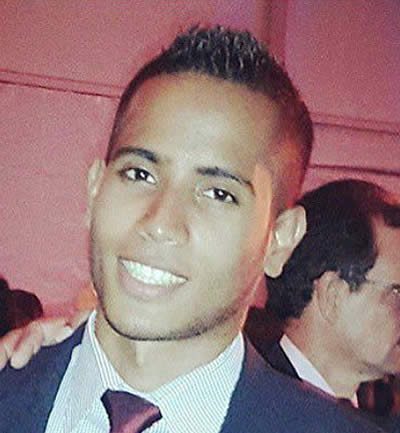
A taboo
The organisation trusts that child abuse remains a sort of ‘Taboo’ in families and in our society. It is also of the opinion that many cases are not reported. “Thus the number of child abuse cases could be much higher than that. With the rise of single mothers and tougher economic times often necessitating the need for two-income producing parents, there may be some added burdens placed on mothers to juggle work and raising children. Most of the mothers remain unemployed also.” The Communication Officer of Safire also adds that “this ‘Taboo’ is a result of an old fashioned way of raising children the ‘hard’ way. There exist new and better methods of raising children that respect their rights and make them become good and responsible citizens. However there is a need to educate the parents and also sensitizing the population on the rights of the child to prevent child abuse.”
Children from low-income families more vulnerable
Safire states that physical abuse, sexual abuse, psychological abuse, and negligence in worst cases lead to death. It considers in terms of child neglect “the lack of proper education as an abuse. The lack of education results in unemployment and misconduct behaviours for those future adults that will then repeat those abuses with their own children most of the time.”
Mehdi Bundhun explains that Safire works mainly with children coming from the less advantaged regions. “Child abuse among our beneficiaries results from various sources, for example pathological families and very low-income families. It is also a result in the environment where those children live, being from the neighborhood, friends, and their own families (uncles, aunts, cousins, etc.),” he explains.
In terms of prevention, Safire sensitizes the children, as well as importantly their families on the rights of the child. “Most of people living in Mauritius, even living in very good conditions, know little or none about the rights of the child. Our mission is to change this behavior among the population.” The NGO is waiting for the Children’s Bill to be voted promptly, “so that a clear and precise law be followed by the State and all the stakeholders in order to protect the children of Mauritius in a better way.
Measures
There are currently six child protection services around the island, namely at Goodlands, Port Louis, Bambous, Flacq, Souillac and Vacoas, which provide immediate assistance to children victims of abuse. There is also the Hotline 113 of the Ministry which is free of charge and through which any concerned person can report suspected cases of child abuse and neglect. All cases are attended by the child protection team who are on call on a 24/7 hour basis.
 J'aime
J'aime













